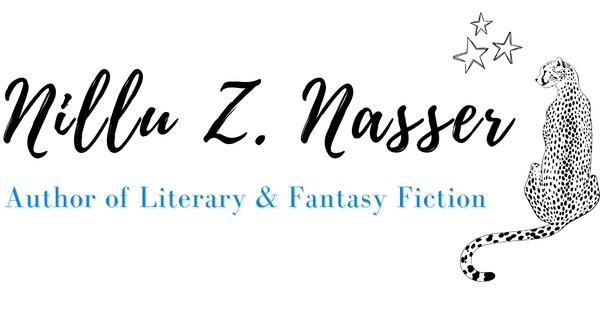Photo by Katmary
Yesterday, my mum confided to me that she’d never felt the need to compete for status. I admire her gentle ways. She does her absolute best in her own lane and doesn’t worry about the rest of the field. I don’t recall ever seeing actively compete in relationships or at work. She rarely craves anything other than more sleep.
Still, it’s not only mum’s nature that led to this formation of character. Regardless of the trials in her life–her family fled Idi Amin’s regime as part of the Ugandan exodus in 1972, for example–she has always felt loved in her relationships. I wonder, if she hadn’t been so secure in her familial, romantic and platonic relationships, would she have developed a competitive streak that made her fight for affection and status?
Maybe we can only be secure if we have security. While nature accounts for some of our behaviour, luck and experience are also pivotal to the decisions we make and how we interact with the world.
My husband, who attended a sports school in his childhood, talks about how competitiveness can be viewed through the lens of sport. Are you someone who prefers individual sport or team sport? Do you like to dominate the team in a big impact position or are you happy being one of the cogs? Do you always play fairly? How do you react to success and defeat?
As a child, I was a bookworm and that can go hand in hand with being assigned a less competitive label. I wasn’t comfortable in the limelight. I’m not naturally sporty (although who doesn’t love a game of rounders or tennis in the park?). The physical activities I prefer– a bike ride, a walk in the woods, a swim–are not point-based or in a race format. It took me years to peel back the constructs of gender and culture: the smiles, the acquiescing, the secretive nature of my dreams, the sense of discomfort when the attention was on me and not somebody more deserving. It turns out that while I’m not competitive with other people, I am ambitious for myself.

Photo by Hartwig HKD
My brother has always been very competitive. That streak was evident from the sports he played and how he liked to wrestle me as soon as my parents were out of sight. I wasn’t immune to competing with him either. As a child, I couldn’t help wondering if my parents had a favourite child. In hindsight, I recognise how much I learned from this early rivalry and closeness. It’s in our sibling relationships that we first learn to negotiate the world, to recognise tussles for power and how to react.
Our sons seem to have a natural competitiveness, even when it comes to who can eat the most strawberries from the bowl. Our middle child revels in all levels of competition, from school work to board games and running races. He loves televised obstacle courses and wonders when he might be allowed to try one. He plays football and even at six years old is interested in football league tables. At this age, he has an instinctive urge to be the winning member on the football pitch, the one who scores the goals, rather than the team member who contributes to the symbiotic whole. Like lots of young boys, his favourite footballers are standout individuals in attacking roles. It’ll be interesting to see how his competitiveness mellows, how long it will take for him to understand what to do with loss, how to dig deep and move forward despite disappointments.
How we compete is also determined by our notion of success and of reality. How high do we aim? How far are we prepared to fall? Are we brave enough to fail? Whose admiration do we seek? As a writer, do I want to win prizes, earn large sums of money, be tied to a big publishing house, to have control of my career or all of the above? Do I gamble on making all the right decisions in the right order and at the right time? Or do I compete on my own terms?
Over the years, I’ve learned that ambition and drive often play more of a role in achieving goals than intelligence. Competition can incentivise you to do your best work and foster passion. But it can also be all-consuming and a distraction, compromising your focus on your own game. It can act as a barrier between individuals and tip you over into anxiety and envy.
As for me, my natural mode in a work environment is to be collaborative and to focus on competing against my own personal best. In my personal relationships, I’m both relaxed and watchful. Am I giving enough? Am I appreciated enough? How can I negotiate these relationships so everyone is happier and gets what they need? My actions are instinctive rather than transactional, but I can never help assessing where I stand.
Chip away my exterior and maybe I’m competitive after all.
Onwards,
Nillu
xoxo
If you want to hear from Nillu more often and get the inside info on her books, sign up to her newsletter here.

